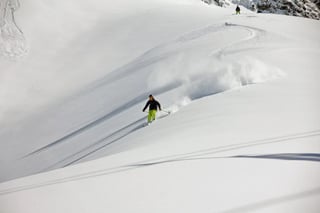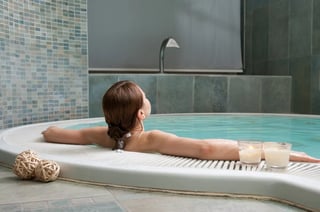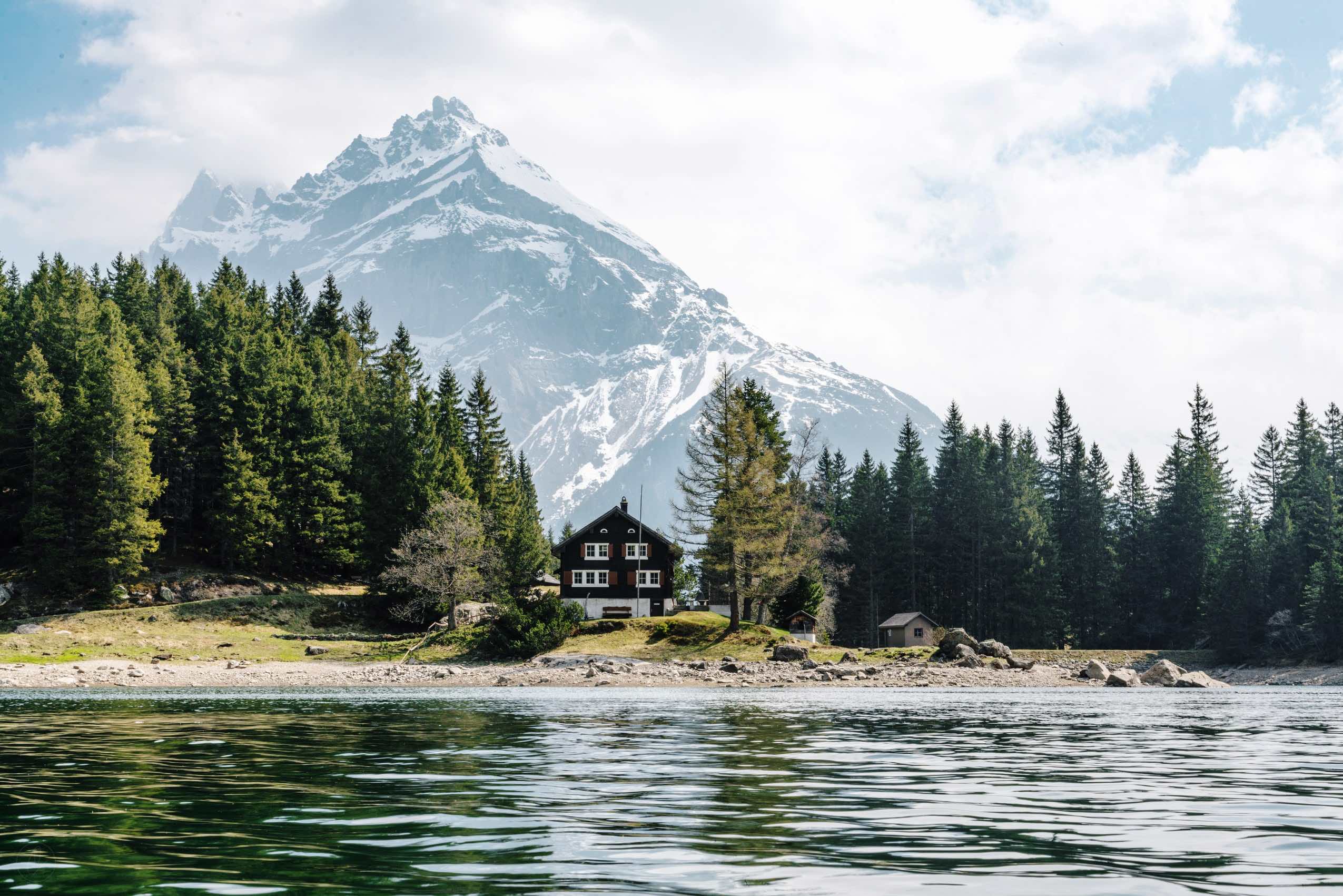Incredible natural landscapes, friendly people, delicious food, and top-of-the-range infrastructure. Not to mention the crispest, cleanest mountain air you’ll find on earth. These are just some factors that put Switzerland at No.1 in the U.S. News Best Countries ranking at 2020. The island of neutrality in Central Europe beat countries like Canada, Japan, Germany, and Australia – and took home first prize for the fourth year in a row.
It’s clear that the Swiss know a thing or two about how to run a country properly and live life right. As a nation, they also have very high literacy rates and low unemployment. Most Swiss people enjoy a good measure of wellness from childhood and keep up the tradition until old age.
Here are some ways they keep a healthy lifestyle:
1. They stay active year-long 
People living in Switzerland have the natural benefit of growing up close to the Alps, and the country has an added abundance of various lakes, forests, and meadows. Their lifestyle is intricately connected with outdoor recreation. They enjoy winter sports like snowboarding and skiing through the colder months, and you’ll find people of all ages on the mountain slopes.
Many ski instructors are past retirement age and spend their winters teaching toddlers how to safely navigate the ski slopes. Snowsports offer myriad health benefits, including improved cardiovascular endurance, balance and coordination, and stronger bones and joints. In short, it offers a fantastic workout at any time of the day, provided the weather cooperates.
In fact, here’s why a winter wellness holiday should be your next trip.
2. They spend ample time in nature 
In addition to helping the Swiss stay active, their natural environment helps them to take care of their mental health. The results of one study conducted by the European Center for Environment & Human Health at the University of Exter Numerous were clearly in nature’s favor. The study found that people who spent two hours a week in green spaces reported better health and psychological well-being than those who didn’t.
“It’s well-known that getting outdoors in nature can be good for people’s health and well-being, but until now we’ve not been able to say how much is enough,” said Matthew White, the leader of the study. “Two hours a week is hopefully a realistic target for many people, especially given that it can be spread over an entire week to get the benefit.”
And research is rapidly expanding to support this.
Numerous other studies have shown that when we go on a hike in the mountains, take a walk along a beach or lake, or simply spend some time in a forest or park, we can unlock some following benefits:
- improved mood and feelings of calm
- increased self-esteem
- reduced feelings of isolation
- reduced anxiety
- lower blood pressure levels
- lower stress hormone levels
- reduced nervous system arousal
- enhanced immune system function
Nature can even be a tool to manage symptoms of Attention Deficit Disorder and aggression. A UK study conducted in 2015 and published in BioScience discovered that increased exposure to nature not only led to more community cohesion but also substantially lower crime rates.
The town of Lausanne is a prime example of how the Swiss benefit from the natural elements of their environment. Speaking to body+soul, David Werlen, the media relations manager at Lausanne Tourisme, explained the benefits of living in natural spaces.
“Living in a town with direct proximity to the Lake, the Alps, the vineyards and the forests helps the locals and visitors to escape and free their minds. In addition, Lausanne is the Olympic Capital and sports are an essential part of the life of this city. It’s in its DNA. The fact that the city was built on three hills also keeps its residents and visitors active. I really think the key for physical and mental well-being is the combination of quality of life, proximity to nature, an abundance of sports opportunities, and fresh air.”
3. People in Switzerland enjoy their spa days 
Switzerland’s rugged terrain boasts many natural springs. For centuries, these springs have been used as mineral baths for locals and visitors alike. Bogn Engiadia happens to be one of Europe’s most famous spas, and people have been coming to bathe at this spa since 1369. A good spa visit can be particularly useful following a strenuous day in the mountains.
The various spas can take care of everything, from muscles tight and sore from skiing to skin that needs a treat after a day on the mountain in the wind and dry air. Depending on where in the country you find yourself, you can find saltwater pools, saunas, steam rooms, massage centres, and solariums. You can also access therapies and global treatments from countries like Russia, Turkey, Finland, Morocco, and Japan.
Since the times of the Greeks and the Romans – and quite possibly long before that – mineral baths have been used for their benefits on the skin, joints, circulation, and ability to improve sleep.
Want to know more?
Here’s how geothermal waters can help you age better.
References:
Bethune, M. 2016. Switzerland’s 10 Most Spectacular Spas. Fodor’s Travel.
Martin, R. 202o. Body and Soul. 4 daily wellness habits we should all steal from Switzerland https://www.bodyandsoul.com.au/mind-body/wellbeing/4-daily-wellness-habits-we-should-all-steal-from-switzerland/news-story/6c95f549b0154ce01750e17ffbee38f0
Drew, K. 2020. US News. US News Ranks 2020 Best Countries.
White, M.P., Alcock, I., Grellier, J. et al. 2019. Spending at least 120 minutes a week in nature is associated with good health and wellbeing. Sci Rep 9, 7730. https://doi.org/10.1038/s41598-019-44097-3
https://www.forbes.com/sites/laurenjadehill/2020/05/02/follow-this-new-chenot-spas-tips-for-wellness-at-home/#3c8fb0e77a4b


